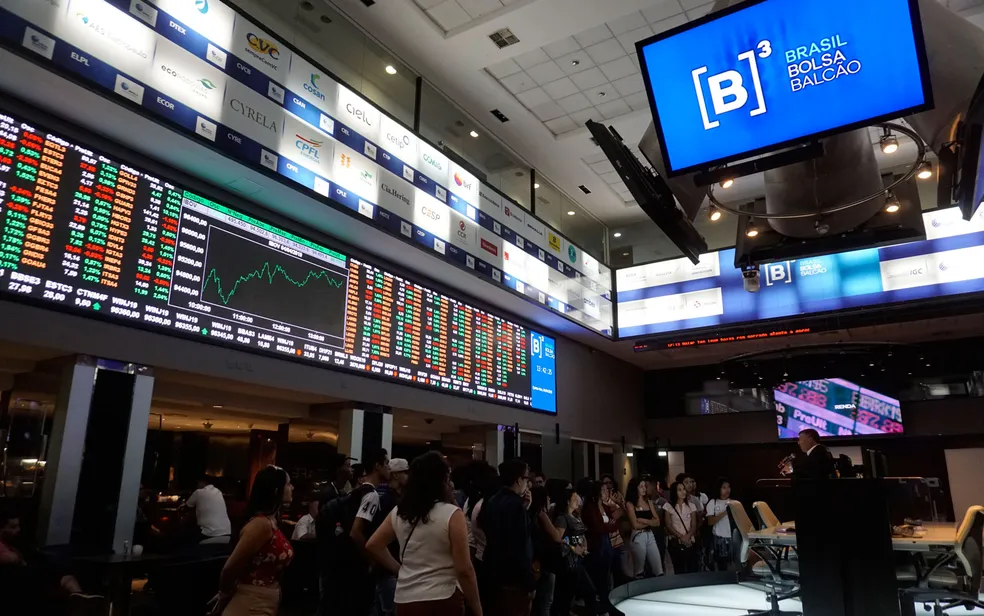Brazil’s financial markets sent a clear message: fiscal uncertainty comes at a price. Future interest rates jumped sharply, reflecting growing unease about the country’s economic direction.
The January 2026 Interbank Deposit contract rate climbed from 15.245% to 15.41%, while the January 2027 rate rose from 15.455% to 15.70%. This surge matters because it signals a lack of confidence in Brazil’s fiscal management.
Investors demand higher returns to offset perceived risks, despite recent approval of spending review projects. The skepticism stems from doubts about the sustainability of public debt and fears of increased inflation.
Brazil’s economy currently runs hot, operating above its potential. This overheating makes inflation stubborn, forcing the Central Bank to maintain a tight monetary policy. However, higher interest rates create a double-edged sword.
They aim to curb inflation but also increase government spending on debt servicing. LCA Consultores economists warn that meeting current primary result targets won’t prevent significant public debt increases.
 Brazil’s Interest Rates Spike as Fiscal Worries Grow. (Photo Internet reproduction)
Brazil’s Interest Rates Spike as Fiscal Worries Grow. (Photo Internet reproduction)The government faces pressure to intensify fiscal adjustment, possibly by raising primary surplus targets. Yet, a gradual approach seems more likely, involving spending contingencies and blocks.
The situation took a political turn when Chamber of Deputies President Arthur Lira met with President Lula following a Supreme Court decision to suspend certain parliamentary amendment payments. This development added another layer of uncertainty to an already complex fiscal landscape.
Brazil now walks a tightrope between controlling inflation, managing public debt, and maintaining economic growth. The outcome of this balancing act will shape the country’s economic future and investor confidence in the coming years.

 By The Rio Times | Created at 2024-12-27 10:44:02 | Updated at 2024-12-28 06:29:59
19 hours ago
By The Rio Times | Created at 2024-12-27 10:44:02 | Updated at 2024-12-28 06:29:59
19 hours ago




![[Nefarious Activities via Manipulating CRS Reports to Congress] Revisiting the Congressional Research Service 2016 nbC Report](http://www.freerepublic.com/images/shotheard.jpg)



